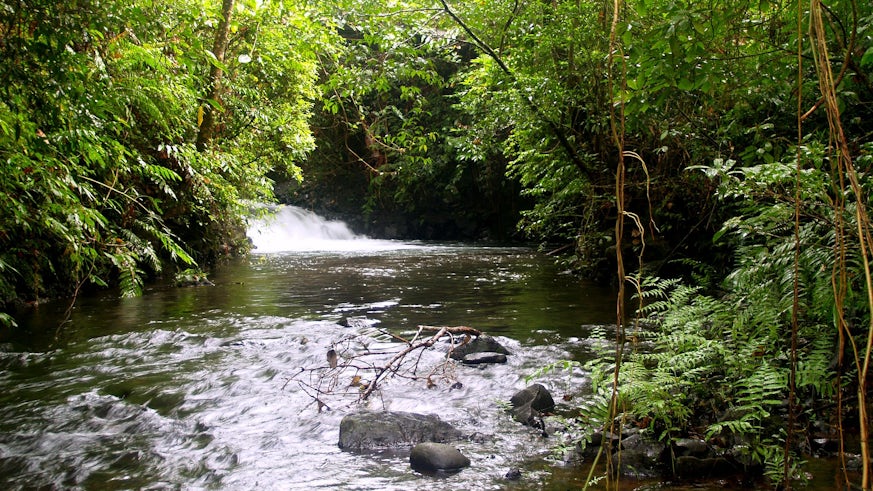Informing the UK Parliament on the state of rivers
15 March 2021

Prof Steve Ormerod acted as lead witness for the UK Parliament Environmental Audit Committee's inquiry on river water quality.
British rivers in general fair poorly against the ‘good ecological status’ targets set by the European Water Framework Directive, and performance in England is the worst in the UK. Recognising the role of pollution as a key problem, the Parliamentary Environmental Audit Committee recently launched an inquiry into water quality in English rivers.
The Committee invited organisations and experts to propose recommendations to improve water quality across the country, focusing specifically on pollution from untreated sewage, urban run-off and combined sewer overflows. Pollution from plastics and contaminants was also in focus.
Steve Ormerod, Professor of Ecology at the School of Biosciences and Assistant Director of the Water Research Institute, was a lead witness on Day 1 of the inquiry and gave an overview of the contrasting trends in urban and rural rivers as well as the threats to river biodiversity.

'Globally freshwaters are in crisis as they are losing biodiversity faster than any other ecosystems type. And that tells us something about the quality of water resources available to people.'
Despite the recolonisation by clean-water animals of urban rivers recovering from sanitary pollution, new problems are arising, for example from pharmaceutical products, veterinary medicines and plastics.
Ormerod went on:
‘We are still in the early stages of putting together a complete picture of what the concentration, fluxes and movements of plastics in freshwater are, but evidence indicates that microplastics are everywhere, up to half a million fragments for each square meter of river bed. That is many times more than the numbers of insects in these same environments’.
Prof Ormerod’s research on plastic and microplastic pollution, and on the evolution of macroinvertebrate fauna of England and Wales, conducted with other affiliated researchers from the Water Research Institute, also informed written evidence given by Buglife, CHEM Trust and Natural England.
The session was an opportunity to discuss the development of new water quality indicators under the forthcoming Environment Bill, sparking debate about whether ecosystem functions and ecosystems services could help to define these new targets. Discussions about the effectiveness of the current water quality monitoring systems also emphasized the need for a better use of existing data, and for the development of a collaborative approach to data collection between regulators, water companies and citizen scientists.
‘The role for Universities – and Institutes like ours is clear’. Ormerod concluded.
The full session is available on the UK Parliament’s website.





